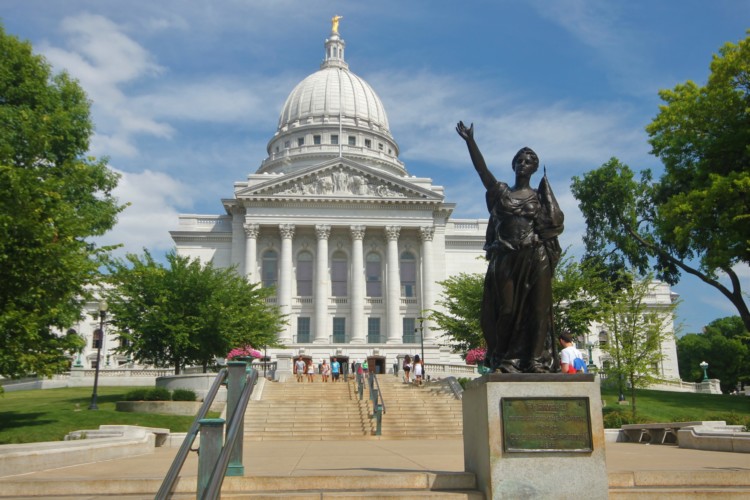Variety in the ways that policymakers, practitioners, and intermediary organizations use research suggests a broad spectrum of behaviors, preferences, and points of access. Given this variety, it can be challenging for researchers, particularly those who are just starting out, to know how to get their work into the right hands.
In order to learn more about the skills and strategies that enable influential researchers to make such breakthroughs, I recently interviewed 79 applied psychologists active in the policy arena to find out if and how research has shaped public policy. Insights from these interviews, collected in my new book Influencing Social Policy: Applied Psychology Serving the Public Interest, may be instructive for those seeking to identify strategies to improve the use of research evidence in policy and practice.
Specifically, I found that researchers who were successful in getting their research used reported the importance of building relationships, learning about end users, and playing an active role in building engagement around their work by serving on policy advisory groups, communicating directly with policymakers, providing consultation and technical assistance, and/or participating in advocacy and media opportunities.
I learned that influential researchers generally follow five basic principles in getting their work into policy:
Be strategic in every aspect of the research-to-policy endeavor
Strategic science begins with identifying change agents… asking who can make the difference with the problem that interests us…It can be legislators, the press, legal officials, or others… Next is to work with the change agents to identify key gaps in knowledge and to define the important questions that will best inform the policy process. Specific studies are often realized from this process and can result not only in scientific papers but in policy briefs, fact sheets and other products helpful to policy makers. The last step, which is often overlooked, is communications. How do you get word to the change agents in ways it will be helpful to them? (Kelly Brownell, former director, Rudd Policy Center)
Get that message out
My colleagues and I began writing articles saying kids are still kids even if they commit crimes, and we shouldn’t be treating them the way that we treat adults even if it’s the same kind of crime. We began a campaign to get that message out. We published a lot in academic journals, but my colleagues and I gave a lot of talks to organizations of judges, defense attorneys, district attorneys, and state legislators. We wrote articles for the newsletters and trade magazines that would go out to these practitioners. In addition to that, we adopted a very aggressive strategy of promoting our work in the press…We made sure that our research was getting into the hands of people who were covering juvenile delinquency and crime…the media coverage of the issue changed. (Laurence Steinberg, Temple University)
Develop relationships and partnerships with policy players
The mutual interests of psychologists and policymakers will be advanced the second we can figure out ways to develop relationships…at the outset… Take almost any other work community psychologists do… We do good work by developing relationships and partnerships…We have to have partnerships in policy. (Brian Wilcox, former director, Center on Children, Families and the Law)
Develop or evaluate effective programs and establish cost-effectiveness
If you really want to have an impact on policy, you need a program. That’s the most direct way. And you have to have the data to show that it can make a difference. (Ron Haskins, Brookings Institute)
Policymakers want to know how the policy will affect tax payers, and Housing First has proven to be more cost-effective than the traditional model. (Sam Tsemberis, Executive Director, Pathways to Housing)
Be resilient, persevere, and be on the lookout for opportunities
Be realistic. Never give up. Don’t get discouraged. Doors close. Windows open. (Deborah Stipek, Stanford University)
You have to take advantage of opportunities when they present themselves, but you have to be looking for them—because the people who actually change law and policy are likely not looking for you. (Laurie Garduque, MacArthur Foundation)




